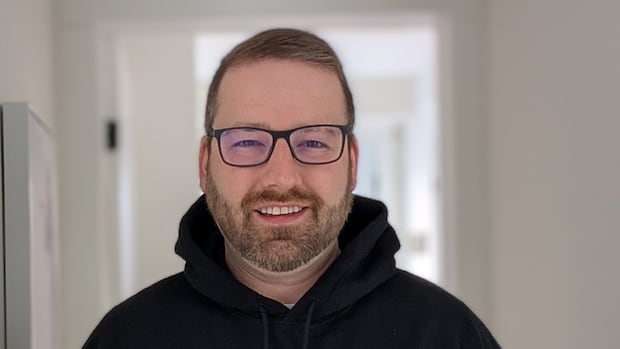Recruiters look to draw U.S. family doctors to Hamilton area to address shortage
Hamilton’s health-care network is ramping up its search for family physicians from the United States, who may be unhappy with President Donald Trump’s government, and are up for moving to Canada.
Brad van den Heuvel, director of physician recruitment with the Greater Hamilton Health Network (GHHN), said staff will be attending more family physician recruitment conferences in the U.S. this year than last and for the first time have begun advertising on American job boards.
“The hope is they come and stay in the long term,” he told CBC Hamilton this week.
GHHN is an Ontario Health Team that organizes and delivers health-care services in Hamilton, Haldimand County and Niagara Region’s northwest. One of its roles is to recruit family doctors in Canada and internationally to fill the shortage in Hamilton and Haldimand.
Hamilton needs about 38 more family doctors to meet its population needs, while Haldimand needs 37 more, van der Heuvel said.
GHHN has seen a “slight uptick” in interest from doctors south of the border since Trump won the presidential election last fall, van den Heuvel added.
Five American physicians reached out directly to GHHN since November asking about opportunities, he said. Four were specialists, who GHHN connected to local hospitals, and one was a family doctor.
Brain drain to brain gain
Now is the time “to turn U.S. ‘brain drain’ into Canadian ‘brain gain,'” Canadian Medical Association (CMA) president Dr. Joss Reimer said in a statement last week.
“Canada must act quickly to attract the American medical and scientific professionals who no longer feel valued in Trump’s United States with its mass layoffs and the elimination of health programs and research positions,” she said.

In recent months, the Trump administration has overseen large cuts and layoffs at federal health agencies including the Centers for Disease Control and Prevention and the National Institutes of Health.
Reimer urged the Canadian government to make it easier for foreign-trained health professionals to work in Canada.
“Canada has a unique opportunity in this moment to take advantage of this brain gain to become a scientific and medical powerhouse,” Reimer said.
More Canadians who went to medical school in the U.S. could be interested in moving back than before Trump, or American doctors with Canadian spouses, said van den Heuvel.
But it won’t be until GHHN attends American events later this year that it will know the true number of people willing to relocate, he said.
One barrier to attracting doctors from the U.S. is pay, van den Heuvel said. Physicians simply don’t make as much money in Ontario’s public health-care system compared to the American private system.
Van den Heuvel is also concerned that doctors recruited from the U.S. may move back when the political climate changes.
“Then we’ll be in another problem where you have all these patients losing a doctor and then it’s really hard to fill all those vacancies,” he said.
“Yes, it is a good time to focus on the recruitment of American physicians particularly because their loss is our gain,” said van den Heuvel. “But with limited staff and limited budget, we can’t give up on recruiting Canadian-trained physicians.”

